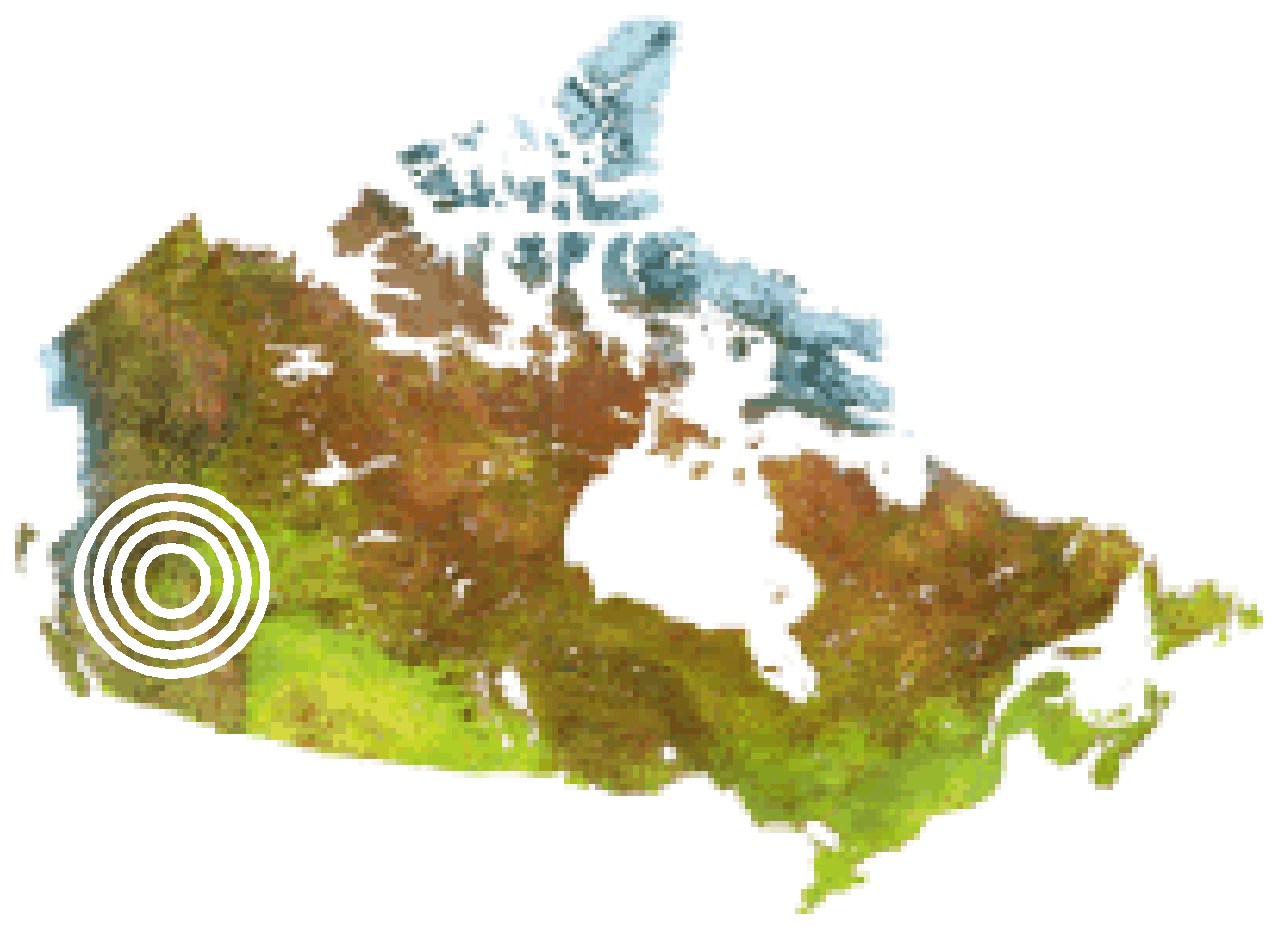|
|
| |
LIST OF TOPICS |
| |
|
| |
1. Seismic Risk and Hazard
1.1 Regional Seismic Hazard Analysis
1.2 Seismic Hazard Analysis Models
1.3 Seismic Risk Analysis
2. Repair, Strengthening, and Retrofit of Structures
2.1 Reinforced Concrete Construction
2.2 Masonry Construction
2.3 Historical Buildings
2.4 Bridges
2.5 Special Problems
2.6 Steel Construction
2.7 Timber Structures
3. Development and Enforcement of Seismic Codes and Standards
3.1 General and National Codes
3.2 Code Comparison and Analysis
3.3 Material Provisions
4. Ground Motion and Seismicity
4.1 Strong Motion Networks, Data Acquisition and Data Base
4.2 Strong Motion Data Processing
4.3 Analysis of Strong Motion Array Data
4.4 Ground Motion Attenuation
4.5 Seismological Aspects of Strong Ground Motion
4.6 Probabilistic Models of Strong Ground Motion
4.7 Theoretical Studies of Local Effects
4.8 Effects of Local Geologic Conditions on Strong Ground
Motion
4.9 Earthquake Intensity Characterization
5. Soil Stability, Soil Structure Interaction, and Foundations
5.1 Dynamic Properties and Liquefaction Behaviour of Soils
5.2 Embankment Dams, Natural Slopes, and Retaining Walls
5.3 Deep Foundations and Underground Structures
5.4 Soil Structure Interaction
6. Response of Structures
6.1 Response Spectra and Input Motions
6.2 Analytical Procedures
6.3 Analysis of Building Structures
6.4 Analysis and Behaviour of Non-Building Structures
7. Design of Structures and Structural Components
7.1 Design of Frame-Type Buildings
7.2 Design of Shear Wall-Type Buildings
7.3 Structural Analysis
7.4 Material and Structural Element Behaviour
7.5 Base Isolation and Mechanical Systems for Response
Reduction
8. Non-Structural Systems and Building Contents
8.1 Hazard Evaluation and Human Response
8.2 Building Components and Equipment
8.3 Components in Non-Building Structures
9. Experimental Methods and Tests of Structures and Components
9.1 Experimental Methods - Test Excitation Instrumentation,
Data Acquisition, and Measurement Evaluation
9.2 Tests of Steel Frames and Components
9.3 Tests of Reinforced Concrete Shear Walls, Slabs and
Frames
9.4 Tests of Reinforced Concrete Joints and Flexural Members
9.5 Tests of Reinforced Concrete Columns
9.6 Tests of Pre-cast and Prestressed Concrete Structures
9.7 Tests of Masonry and Low-Cost Housing Structures
9.8 Tests of Equipment and Structures Other Than Buildings
9.9 Shake Table Tests
9.10 Pseudo-Dynamic Tests
9.11 Timber Structures
10. Special Structures and Critical Facilities
10.1 Special Structures
10.2 Power Generation and Transmission
10.3 Pipelines
10.4 Dams
10.5 Storage Tanks
11. Lifelines - Utility, Telecommunication, and Transportation
Systems
11.1 Water and Sewage
11.2 Telecommunication
11.3 Transportation
11.4 Lifeline Risk Analysis
12. Urban Design, Socioeconomic Issues, and Public Policy
12.1 Urban Vulnerability Studies
12.2 Urban Planning for Hazard Mitigation
12.3 Reconstruction Planning
12.4 Risk and Public Issues
12.5 Emergency Response Planning
13. Damage in Recent Earthquakes
13.1 General Damage Assessment
13.2 Damage to Buildings
13.3 Damage to Bridges
13.4 Damage to Lifeline Systems
13.5 Damage Induced by Liquefaction
|
| |
|
| |
|
| |
|
| |
|
| |
|
|
| |
|
|
| |
|
|
| |
|
|
| |
|
|
| |
|
|
| |
|
|
| |
|
| |
|
| |
|
| |
|
| |
|
| |
|
| |
|
| |
|
| |
|
| |
|
| |
|
| |
|
| |
|
| |
|
|
|





